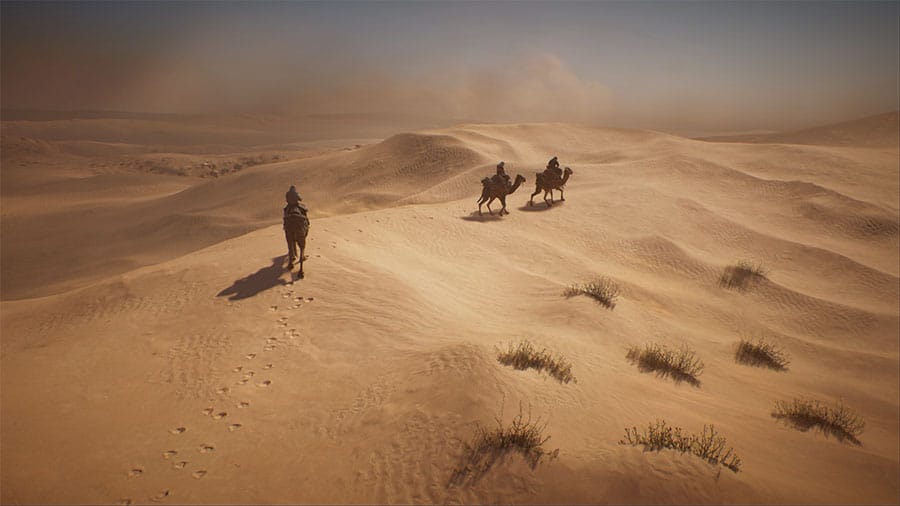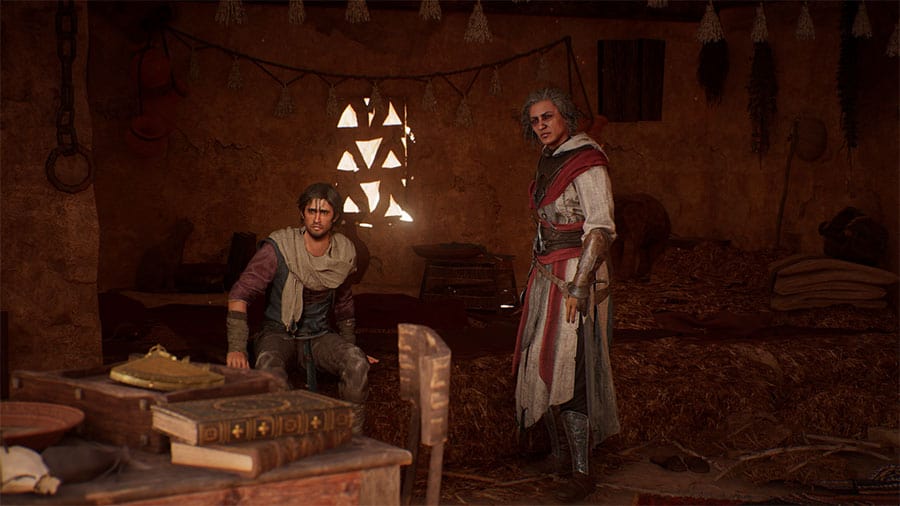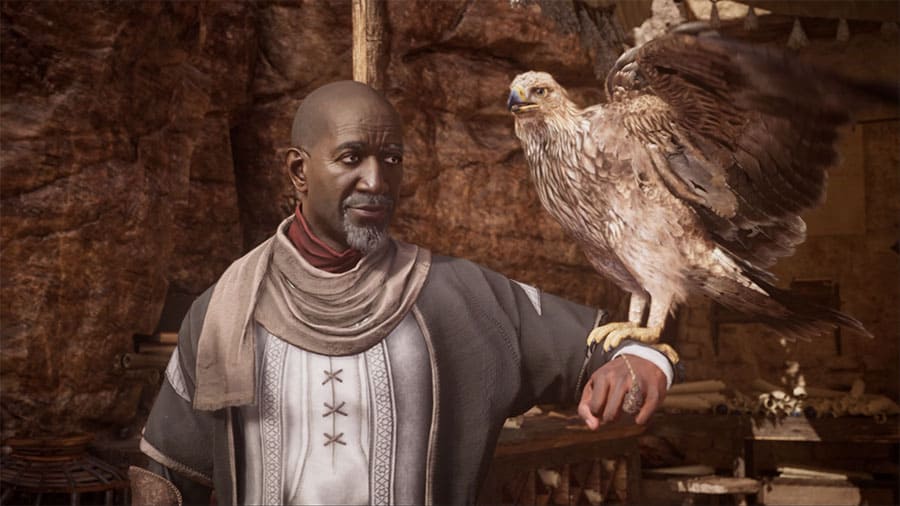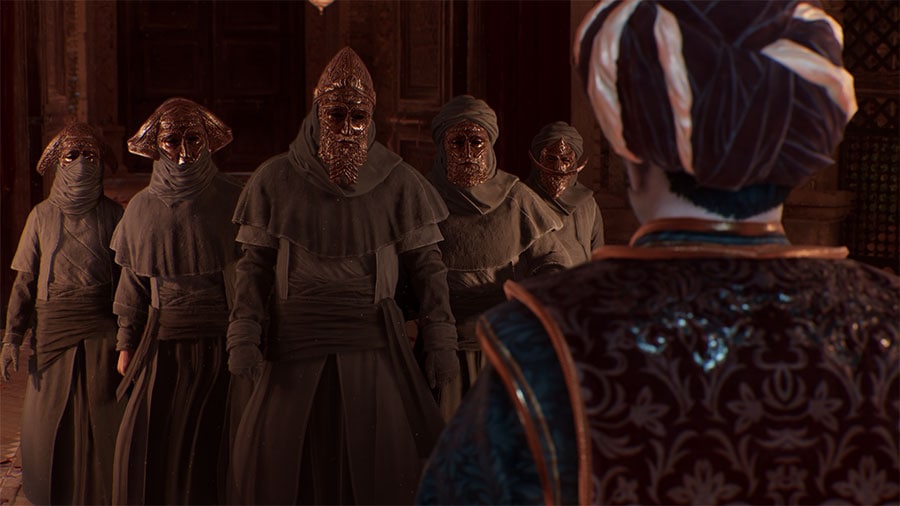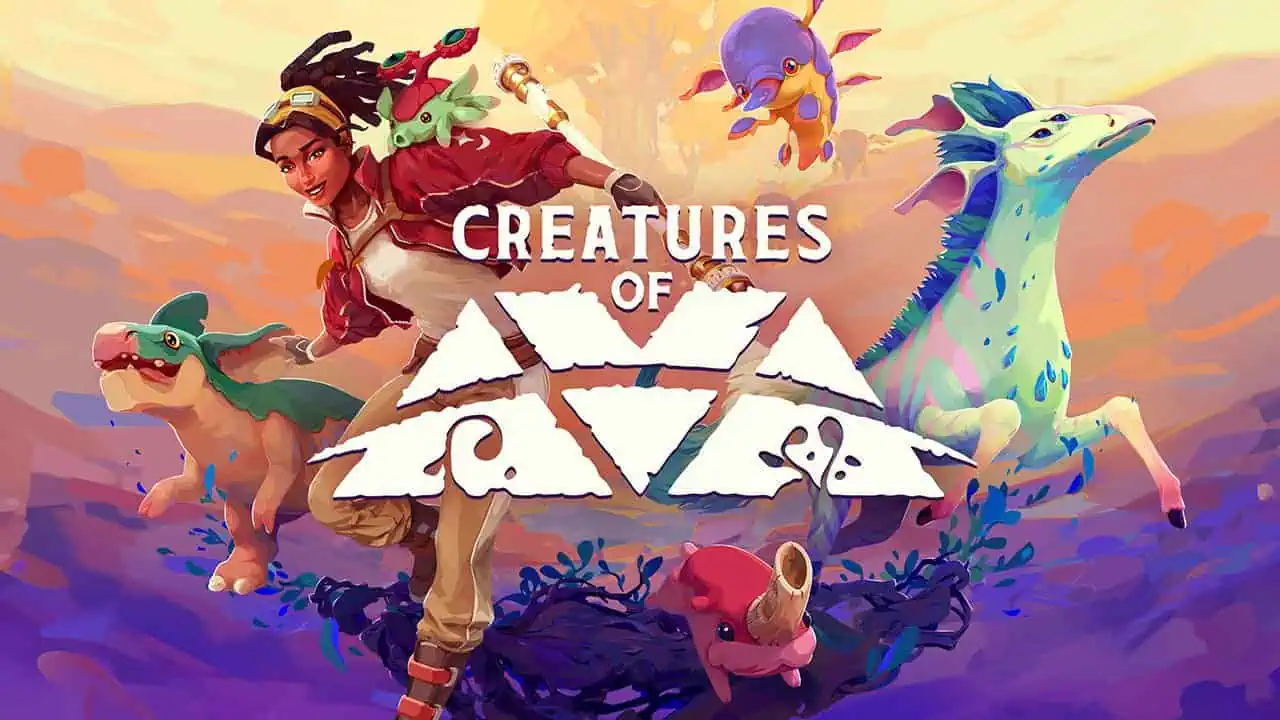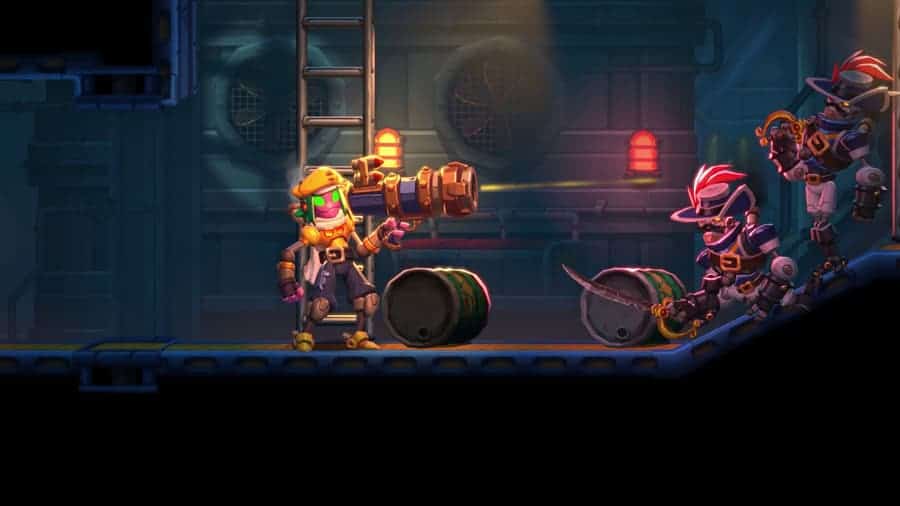Assassin’s Creed Mirage Review

Official Score
Overall - 90%
90%
Mirage is the Assassin's Creed many have been waiting for. It pays homage to its roots, bringing back the core principles of the stealth action adventure. It effortlessly blends together the old-school approach with updated design philosophies, a deeper and more immersive game world, and a story that enthralls from start to finish.
The first Assassin’s Creed game launched in 2007. A stealth action-adventure game set in the Middle East. Over the years the franchise evolved, bigger worlds, deeper lore, massive experiences that spanned hundreds of hours. Assassin’s Creed Black Flag, Origins, Odyssey, Valhalla, some of the most impressive RPG’s of the last decade.
Ubisoft’s latest installment in the Assassin’s Creed franchise sees a return to its roots, its stealth foundations that led the way for one of the most recognizable franchises of today. Returning to the Middle East to revive the near-forgotten origins of the franchise is almost poetic but such a drastic change in direction seldom goes well. If you’re looking for another 100-hour epic with Assassin’s Creed Mirage, you’re going to be left disappointed. However, as a newcomer to the franchise or perhaps a long-time fan left behind in the wake of those time-consuming RPG’s, this is quite simply the best stealth Assassin’s Creed game to date.
Assassin’s Creed Mirage Review
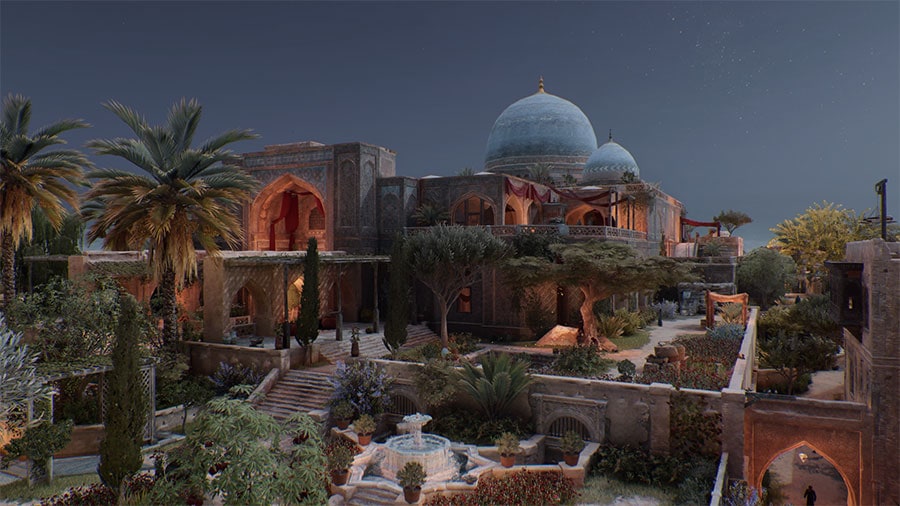
The story of Assassin’s Creed Mirage follows a young thief called Basim, a character introduced briefly in Assassin’s Creed Valhalla. During an attempted heist, a Caliph is murdered, prompting Basim to seek out and join the Hidden Ones as he flees Anbar in the hopes of ridding Baghdad of the evil puppeteering of the Order, all the while haunted by a dark presence that he does not understand. It’s an intriguing tale, one that feels familiar even in an unfamiliar setting. Threads of the story woven across generations, reassuringly bridging the old and the new, offer some exciting developments for long-term fans but Assassin’s Creed Mirage’s story is one that can be enjoyed with no past exposure to the franchise.
As a standalone tale, it’s a riveting story, one filled with unexpected twists and turns as Basim and his allies attempt to lift the veil that shrouds and protects the infamous Order. The writing and dialogue are well delivered and although the voice-acting is top quality throughout, Roshan (voiced by the distinguishable Shohreh Aghdashloo) completely steals the show. As Basim’s mentor and trainer, she plays a vital role throughout the adventure, and I hung on every word she said each time she appeared.
For those with a greater understanding of the expansive narrative found throughout the Assassin’s Creed games, there are some iconic moments to be found. I won’t spoil them here but learning about Balsim’s motivations and goals, meeting important characters he’s yet to fully understand, it’s delivered in such a way that does not make newcomers feel like they are missing out, while giving franchise veterans exciting new developments in the story.
Much of my time playing through Assassin’s Creed Mirage was a challenge. Not in the sense of difficulty, but in the shedding of expectations and habits picked up playing the more recent games. Everything about Assassin’s Creed Mirage is smaller, more compact, and whether or not that appeals is very much on a case-by-case basis. You can say goodbye to the repetitive camps and map objectives, slaying the order isn’t some daunting 70 hour affair, and exploration is more a welcomed reprieve than core focus of the experience. It’s also a game more rooted in realism, you won’t be hunting down mythical creatures or slaying gods but that, again, is something some fans will welcome. You can complete the entire story in 15-20 hours and probably all of the side content around the 20-30 hour mark.
This creates the most accessible Assassin’s Creed game in years. While I’m sure some fans will miss the scope and awe of the more recent games, it’s a perfect homage to the games initial design, it’s original goal of creating an immersive and exciting stealth action experience. While the size of AC Mirage is dwarfed by its larger predecessors, the level of detail and quality in the world building still takes the spot as some of the best in the industry.
I don’t claim to be an expert on Egyptian lore or Nordic mythology but I am infinitely better versed in both of those eras than 9th Century Baghdad, an era even historians are fuzzy on. My ignorance of the era did leave me struggling to connect with the world in places, but the game has all the right tools to immerse you in every tiny detail. The in-game codex, a compendium of information gained from interacting with characters and important structures and locations found throughout the world, is arguably one of the games greatest features. It’s rare I spend so much time reading through in-game documents but learning more about the culture and history of Baghdad is probably my biggest takeaway from the entire journey.
Learning about the evolution of the Shurta, the power of the qadi in the judicial system, learning why a structure was called the Dome of the Ass, it’s yet another fascinating and rewarding dive into culture and history in a way that only Ubisoft does. I have no idea how big the team is that works specifically on these elements of the Assassin’s Creed games, but the time, energy, and passion they pour into these aspects of development is evident throughout.
At its core, Assassin’s Creed Mirage has far more in common with the earlier Assassin’s Creed games. Combat is simplistic, offering two types of attacks and the ability to either dodge or parry. It’s responsive, fluid, allowing for some impressive battles against multiple opponents, but you’re not going to be slaughtering camps of 30 raiders with a massive battle axe. It encourages a slower, more methodical approach, one that shines with the smaller scale – allowing developers tighter control over specific scenes and encounters.
Taking down each member of the Order is an exciting challenge. Almost all of the missions can be approached in a multitude of ways. Finding a disguise and sneaking your way in a side door. A hidden underground entrance that leads to the heart of the compound. Nearby rebels you can pay to cause a distraction. I approached each mission in a different way, creating fun and interesting challenges that never felt repetitive or stale – words quite often associated with some of the lesser creative elements of the bigger games.
The only real frustration with this more compact approach to mission design are the bloody doors. My objective, mere feet away the other side of a door, but it’s one I can’t use. No rhyme or reason, I just can’t use that door. The other side, a door barred from the inside. Used infrequently these wouldn’t be much of a problem, but it’s a persistent issue throughout the game and one that really got irritating towards the final hours.
Outside of the main story, there are plenty of activities for explorers to sink their teeth into. Tales of Baghdad, the games side quest system, are all relatively quick and simple quests, more designed to offer deeper insight into the characters and culture of the game than to present any great challenge or reward. Many different collectibles dot the horizon offering new gear and equipment, Lost Books to return to the House of Wisdom. It’s all very familiar, delivered in Ubisoft’s traditionally map-filled way, but it’s scope makes these achievements, well, achievable. Without having to invest half your free time each week to make any progress.
There are some casualties with this cross of old-school foundations and more modern game design. I didn’t particularly enjoy the leveling system. Instead of the experience-based approach from the recent titles, Mirage offers milestone-based progression. This made a lot of the combat and exploration feel less rewarding, as I immediately knew whether or not this particular activity was going to result in any kind of character advancement. This is very much a subjective take though, as I imagine just as many people will be glad to know there is no required grind. The game ensures you are ready for each challenge it throws at you.
Similarly, I didn’t much enjoy the gear and equipment system, it felt redundant. I played through nearly the entire story without upgrading my gear or seeking out new equipment, purely a personal choice as I was really enjoying the story, but I never really had any drive or requirement to try and make Basim stronger. The game encourages stealth gameplay, tactical decisions, and killing an enemy in one shot was as effective at the beginning as it was at the end.
There are some new tools in Balsim’s arsenal that I really enjoyed. The focus takedown, an ability that allows Balsim to target up to five nearby enemies and assassinate them almost instantly, is absolutely fantastic. It created some cinematic moments of pure awe, working equally well as a tool of death to that of a method of reaching difficult areas or high structures. Between that ability and the incredible stealth options available, it’s rare to get into a proper melee battle.
Mirage is the Assassin’s Creed many have been waiting for. It pays homage to its roots, bringing with it the challenge and satisfaction of a well-planned and executed stealth assault. It effortlessly blends together the old-school approach with updated design philosophies, a deeper and more immersive game world, and a story that enthralls from start to finish.
